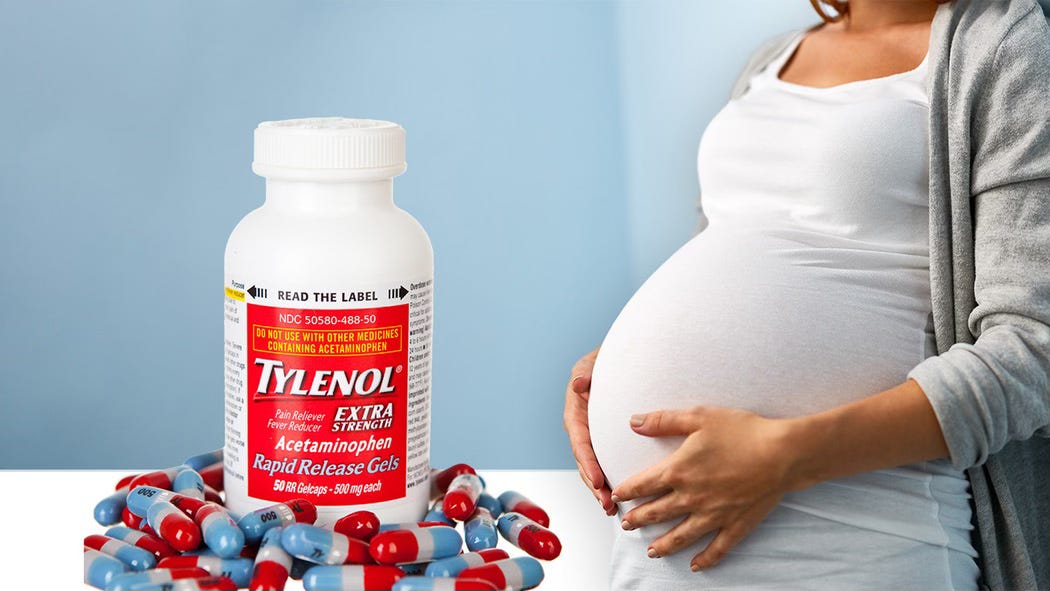Tylenol and Autism: A Quick Take on Why the Science Doesn’t Match the Headlines
The Trump administration’s claim alarms expecting mothers—but decades of research show no proof that acetaminophen causes autism. What matters: fever, dose, genetics, and context.
The Claim
The Trump administration recently asserted that acetaminophen (Tylenol) use during pregnancy leads to autism. It’s a striking claim, especially for pregnant women navigating many decisions. In my research for PHARMA, I’ve read hundreds of drug-safety and adverse effect studies. After reviewing the ones cited by the administration, I can say this unequivocally: there is no concrete scientific proof that Tylenol during pregnancy causes autism.




